Banjul, the Capital of The Gambia is playing host to a delocalised meeting of the Joint Committee of the ECOWAS Parliament with a focus on the implementation of the Protocol on the Free Movement of Persons, Right of Residence, and Establishment.
The five-day meeting, which began on Monday, brings together parliamentarians from across the ECOWAS region to discuss the challenges and opportunities presented by the protocol. The meeting is a crucial step towards achieving the ECOWAS vision of a unified West African region.
In his opening remarks, Hon. Baboucarr Ousmaila Joof, Minister of Trade, Industry, Regional Integration, and Employment of The Gambia, emphasised the importance of implementing the protocol.
His words: “The Protocol on the Free Movement of Persons, Right of Residence, and Establishment is a cornerstone of ECOWAS’s vision for a unified West African region,” he said.
According to Joof, The Gambia is committed to regional integration and has already implemented measures such as the ECOWAS Brown Card for motor insurance and the ECOWAS Biometric Passport. He urged parliamentarians to enhance their legislative support for the protocol and to work closely with national governments and regional institutions to address any challenges that may arise.
Rt. Hon. Hadja Memounatou Ibrahim, Speaker of the ECOWAS Parliament, also addressed the meeting, emphasising the critical role of parliamentarians in implementing the protocol. “Parliaments are not only relevant in making protocols, but they are also important in the implementation of protocols as they are the people’s representatives with a much closer relationship,” she said.
The meeting is expected to discuss various aspects of the protocol, including the role of parliamentarians in its implementation, the challenges and opportunities presented by the protocol, and the need for close coordination and collaboration among member states.
The Protocol on the Free Movement of Persons, Right of Residence, and Establishment is a key component of ECOWAS’s regional integration agenda. It aims to create a borderless community where individuals can move freely, establish businesses, and reside across member states without unnecessary restrictions.
However, the implementation of the protocol has faced several challenges, including the need for harmonisation of national laws with the protocol’s provisions, the requirement for close coordination and collaboration among member states, and the need for adequate resources to support its implementation.
Despite these challenges, ECOWAS parliamentarians are optimistic about the prospects for regional integration. “We are committed to making the ECOWAS vision a reality,” said Hon. Billy G. Tunkara, Deputy Speaker of the ECOWAS Parliament. “We will work tirelessly to ensure that the protocol is implemented effectively and that our citizens can enjoy the benefits of regional integration.”
The meeting is expected to conclude on August 30 with a communiqué outlining the key recommendations and decisions made by the Joint Committee. The communique will be presented to the ECOWAS Commission and ECOWAS Parliament for consideration and implementation.
END













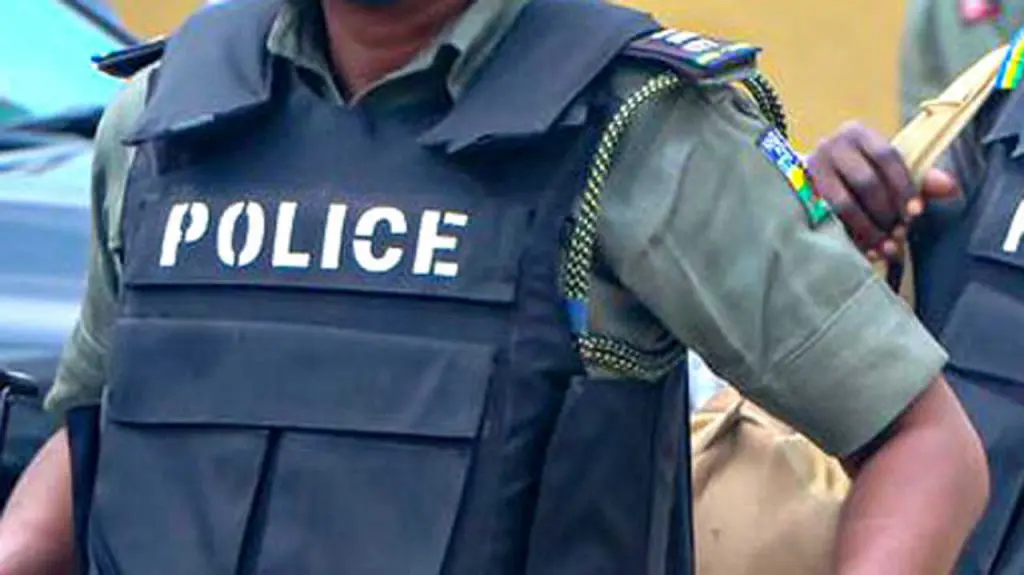

















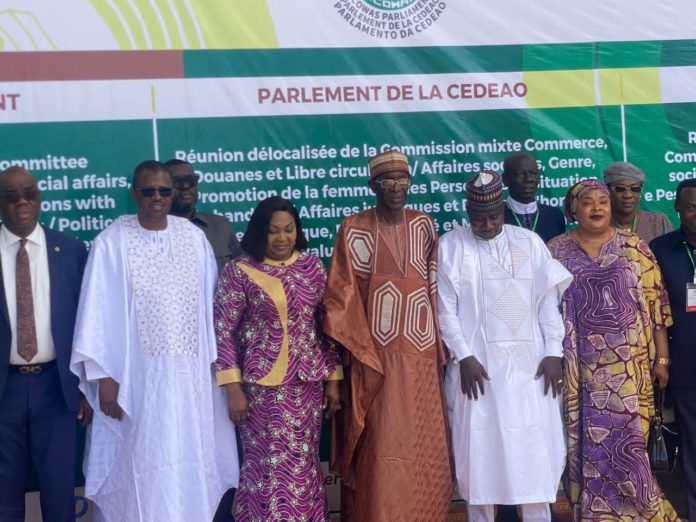
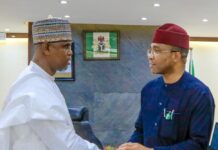
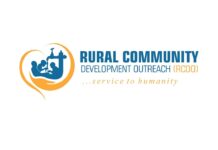

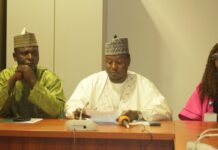
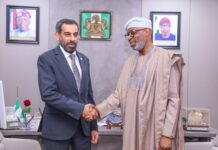
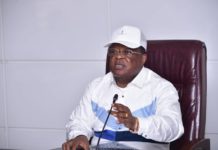





![Nigerian Lady Loses Laptop, Other Items to Early Morning Robbers on Her Way to Work in Lagos [VIDEO] ](https://raye24reporters.com/wp-content/uploads/2022/02/lady-who-lost-valuables-to-thieves-100x70.jpg)

